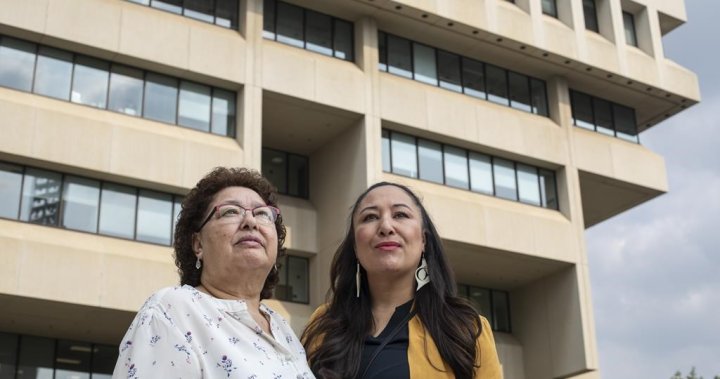
Canada’s Indigenous women forcibly sterilized decades after other rich countries stopped
Global News
Canada’s Indigenous women say they have been forcibly sterilized even decades after other rich countries stopped.
Decades after many other rich countries stopped forcibly sterilizing Indigenous women, numerous activists, doctors, politicians and at least five class-action lawsuits allege the practice has not ended in Canada.
A Senate report last year concluded, “This horrific practice is not confined to the past, but clearly is continuing today.” In May, a doctor was penalized for forcibly sterilizing an Indigenous woman in 2019.
Indigenous leaders say the country has yet to fully reckon with its troubled colonial past — or put a stop to a decades-long practice that is considered genocide.
There are no solid estimates on how many women are being sterilized against their will, but Indigenous experts say they regularly hear complaints about it. Sen. Yvonne Boyer, whose office is collecting the limited data available, says at least 12,000 women have been affected since the 1970s.
“Whenever I speak to an Indigenous community, I am swamped with women telling me that forced sterilization happened to them,” Boyer, who has Indigenous Metis heritage, told The Associated Press.
Medical authorities in Canada’s Northwest Territories sanctioned a doctor in May for forcibly sterilizing an Indigenous woman, according to documents obtained by the AP.
Dr. Andrew Kotaska performed the 2019 operation to relieve an Indigenous woman’s abdominal pain. He had her written consent to remove her right fallopian tube but not her left one, which would leave her sterile.
Despite objections from other medical staff during the surgery, Kotaska took out both fallopian tubes.











